The 1960s was a long time ago, and so much has changed since then. The food we eat, the music we listen to, and even some of the language we use are completely different from how our grandparents might have spoken back then. The '60s was a time of revolution and rebellion, and the young people of that time used language to assert their new ways of living, and a lot of words used by the youth of the 1960s were considered to be statements of counterculture. Here are 21 words from the Swinging '60s that we don’t use anymore.
Radical

Used to indicate that something was cool or trendy, the term radical is now seldom used by young or older generations.
The Man

This term was often used in the 1960s to refer to authority figures, like the government, or capitalist societies with negative connotations of control and corruption. The youth of the 1960s often talked about “Sticking it to the man,” which essentially meant refusing to conform to society's expectations.
Bummer

This was used to infer that something was “too bad”, it could be used in the context of, “Hey, that’s a bummer man,” younger generations in 2024 would most likely not understand what an older person meant if they used this term.
Groovy

Used to signal that something was good or cool, someone from the '60s might say, “That’s groovy, man,” meaning, that’s great, thanks. This term has hippy vibes, and it makes you think of Austin Powers, as it is a word he repeatedly uses in his movies, which were set in the Swinging '60s.
Far Out

Used to describe something extra cool or impressive, the term far out is another well-known hippy phrase that was popular in the 1960s. However, it’s not commonly used anymore, especially not by Millenials or Gen Z.
Dig It

If someone in 1960 said that they “Dig” something, this meant that they liked it, or they loved it. This term was used to signal approval of something. However, we are pretty sure that if you said this to a young person today, they might turn around and ask you, “What exactly is it you’d like to dig? The garden?”
Bread

In the 1960s’ “bread” meant money, so people would have talked about “needing some bread.” However, if you said this to a Millenial or Gen Z today, they are likely to hand you a baguette.
Blast

A term used to describe having a good time. In the 1960s, people would have talked about a great night out as “having a blast.” Nowadays, younger generations would probably say something like “Last night was lit,” but the word “blast” is not part of their vocabulary.
Square

If someone called you a square in the 1960s, this meant that they were calling you a bit of a geek. The term “square” was used to denote someone who always played by the rules, always did their homework, and never stepped out of line.
Fink

Today younger generations might call someone who tells others secrets a “tattletale,” but back in the 1960s, if you couldn’t keep your mouth closed about someone else's business, you were called a “fink.”
Wall-Flower

The term “wall-flower” was used in the '60s to describe a girl who was a bit shy and who was also quite conservative. She might have worn long dresses and avoided some of the rebellious behavior of the time, such as drinking, smoking, and partying.
Sponge
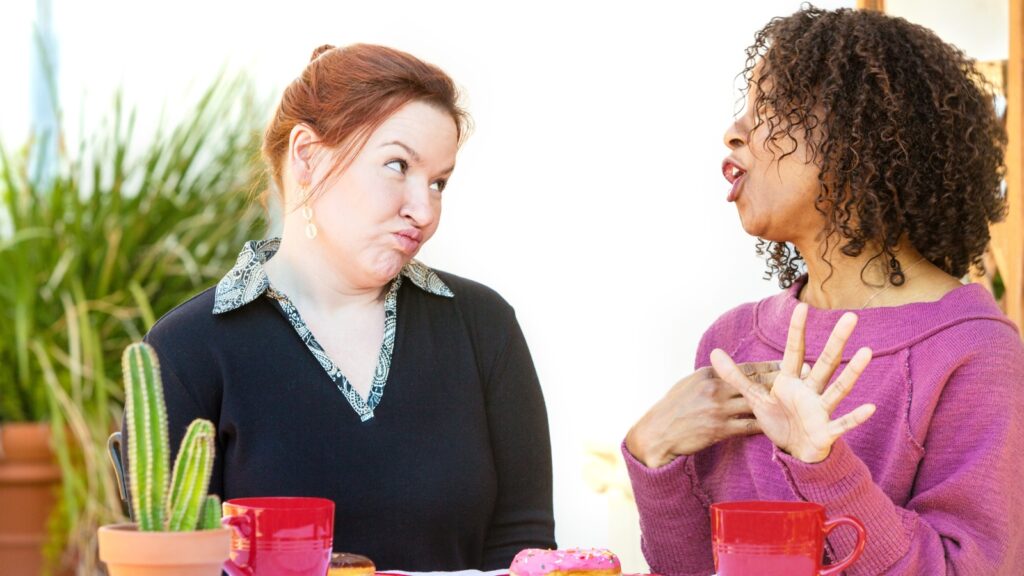
Today, Millenials and Gen Z use this term to refer to someone who can soak up a lot of information or learn fast. For example, they might say, “She soaked up all the information like a sponge.” But in 1960, this word was used to describe someone who tried to use you for resources, e.g. “He came to visit, and sponged off me all weekend.”
Fuzz

This is an old term that was used to describe the police in the '60s. Today, young people refer to the police as many things, including “The 5-0,” “The heat,” or “The boys in blue,” but seldom do younger generations call them “The fuzz”.
Split

Meaning to leave somewhere, this word was used to denote the fact that it’s time to go, “Let’s split” was a common saying in the '60s, but not so much now.
Flower Power

This term referred to the hippy movement of the 1960s, as many young people wore flowers in their hair to signal peace, love, and support for nature and the environment. Today, younger generations would be more familiar with the phrase “Girl Power,” which was a popularized spin on “Flower Power” used by The Spice Girls in the '90s.
Fox

While Gen Z would think that you are referring to the animal, older generations would know that this word is also used to describe an attractive woman.
Threads

If you were going on a big night out with your friends in the '60s, you might all put on your best “Threads,” meaning clothes.
The Pictures
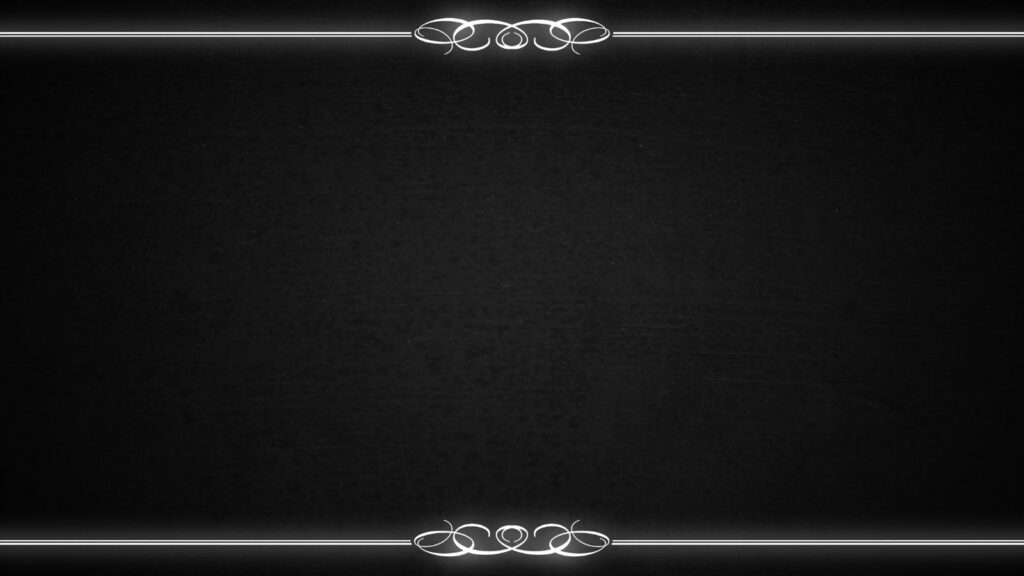
“Shall we go to the pictures tonight?” What this meant in the 1960s was, “Do you want to go to the cinema tonight?”. The term “pictures” was used by older generations and was a hangover from the era of silent movies when cinemas only displayed moving pictures with no sound.
Shades
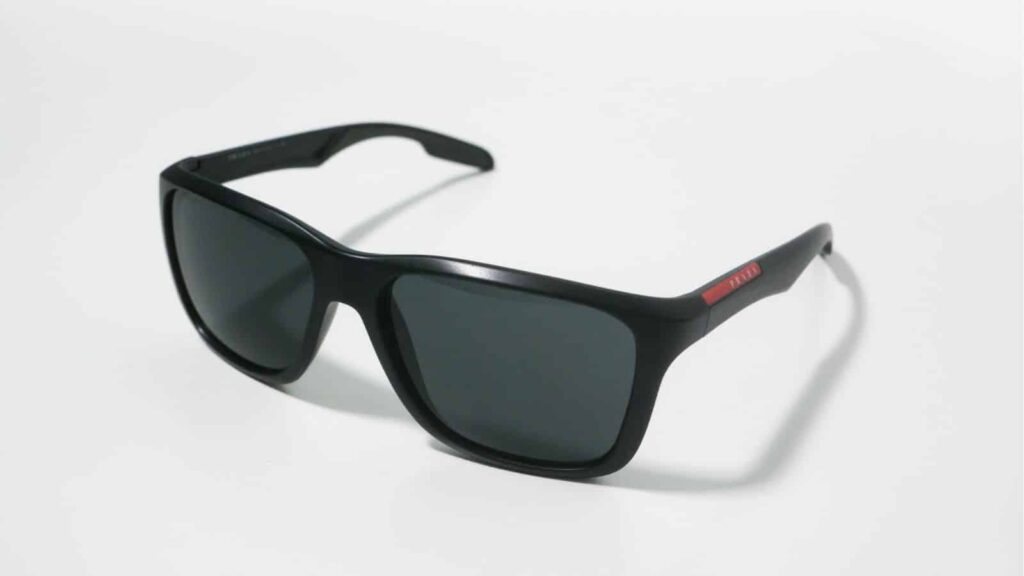
“Nice shades, dude,” let me translate, “Nice sunglasses, bro.” In the '60s, people called sunglasses shades, as they were thought of as a way to provide shade for your eyes.
Bell-Bottoms
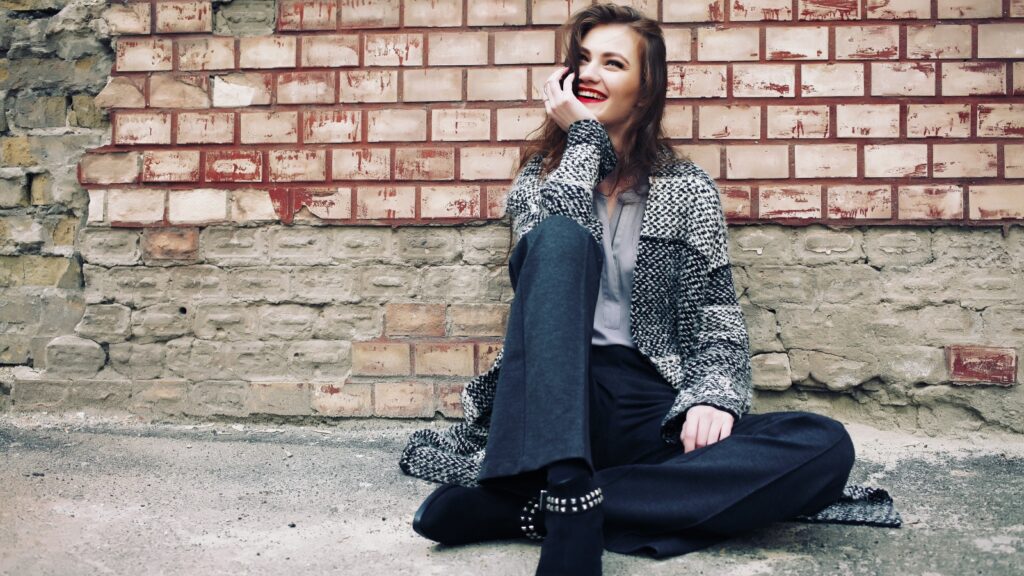
Another way to describe flares, bell-bottomed jeans were extremely popular in the '60s, and they were a counter-cultural statement against the straight-laced, suit style of corporate America.
Platforms
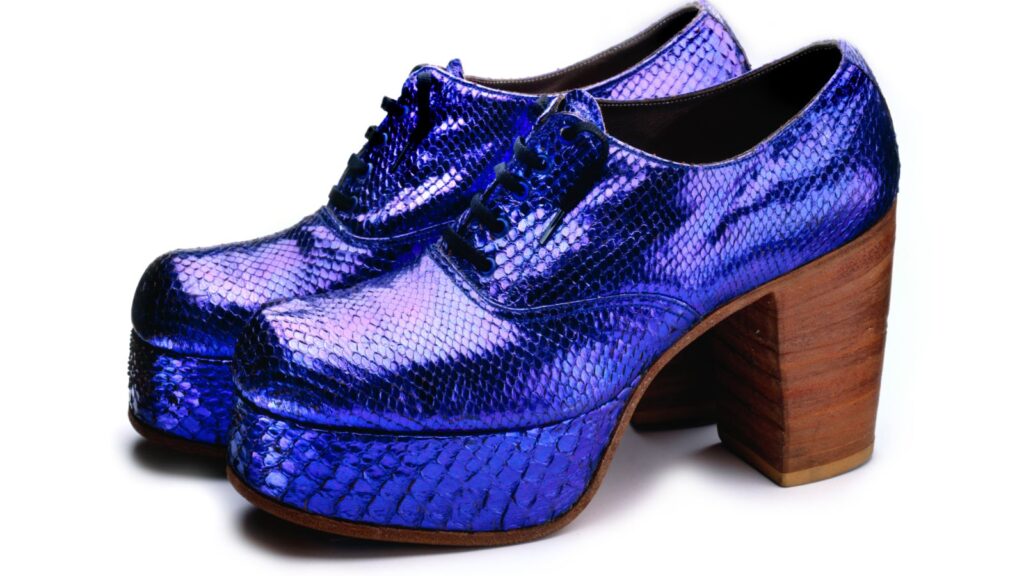
If someone said to you in the '60s, “Have you seen my platforms,” they would be asking you if you’ve seen their shoes. Platformed shoes, with extra thick soles, were the coolest thing you could wear in the '60s, and people shortened their name by calling them simply “platforms.”
30 Traditional Sayings That Are Now Considered Offensive by Woke Culture

30 Traditional Sayings That Are Now Considered Offensive by Woke Culture
21 Habits Often Associated With Having a Lower Social Status

21 Habits Often Associated With Having a Lower Social Status
25 Social Issues Gen Z are Determined to Cancel

